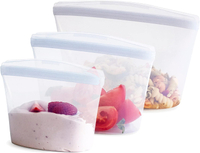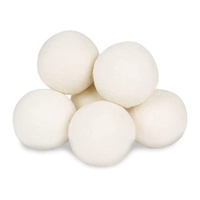The best sustainable household swaps – that will help you save money
These seven sustainable household swaps aren't only good the the environment – they’re good for your wallet too
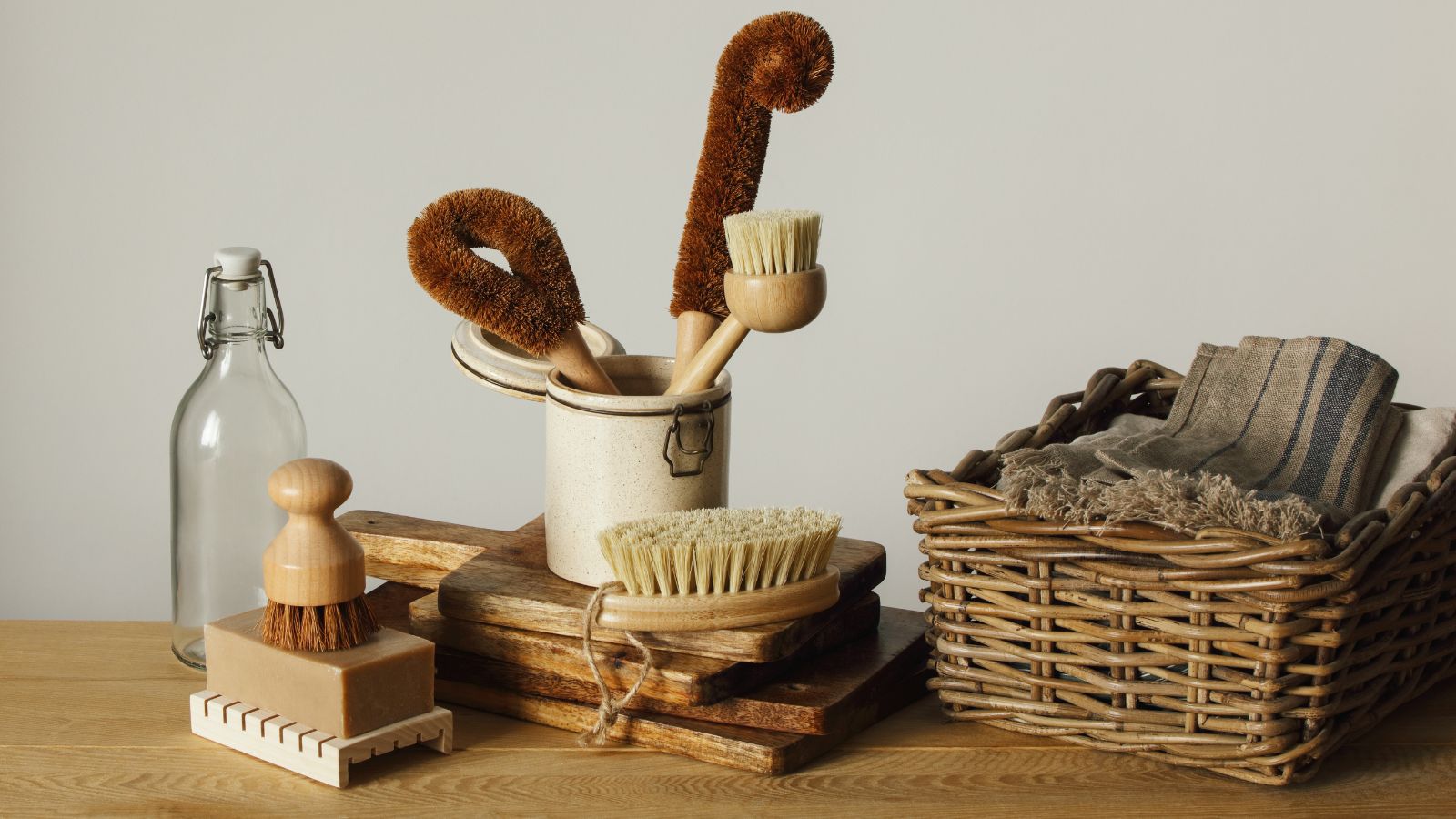

With the price of everyday home goods rising and an increasing pressure to make more eco-friendly choices in our homes, there is no better time to think about trying some of the best sustainable household swaps.
From replacing single-use plastic items with more durable, washable alternatives to picking energy-efficient appliances, several sustainable swaps may seem expensive at first, but they will save you money in the long run.
In this guide, sustainability experts share the seven best sustainable household swaps and eco-home improvements to contribute to a healthier planet and a fuller bank balance.
Best sustainable household swaps
Sustainable swaps can sometimes be off-putting because they are more expensive up-front than disposable alternatives. Washable cleaning sponges, for instance, are pricier than throw-away plastic variations.
However, reusable household swaps that are made of durable, washable materials, last far longer than disposable ones, reducing the need for frequent replacements and saving you money in the long run.
These are the swaps you should consider, according to experts.
1. Reusable silicone food bags
We are all guilty of promising to wash out and reuse plastic food storage bags, but it is far less effort to just throw them away. To remove this temptation, and pick a product more suitable to clean after use, Verena Polowy, sustainability advocate and Founder of My Green Closet, suggests switching to silicone bags for food storage.
‘Reusable silicone bags (Stasher makes my favorite ones) are great for snacks, lunches, food storage, and travel. They are easy to clean in the dishwasher and especially with packing snacks for kids have saved us a lot of plastic waste.’
Stacher Reusable Silicone Storage Bags | View at Amazon
These four food-grade silicone bags help keep food fresher for longer and are super simple to wash out and reuse.
2. Wool dryer balls
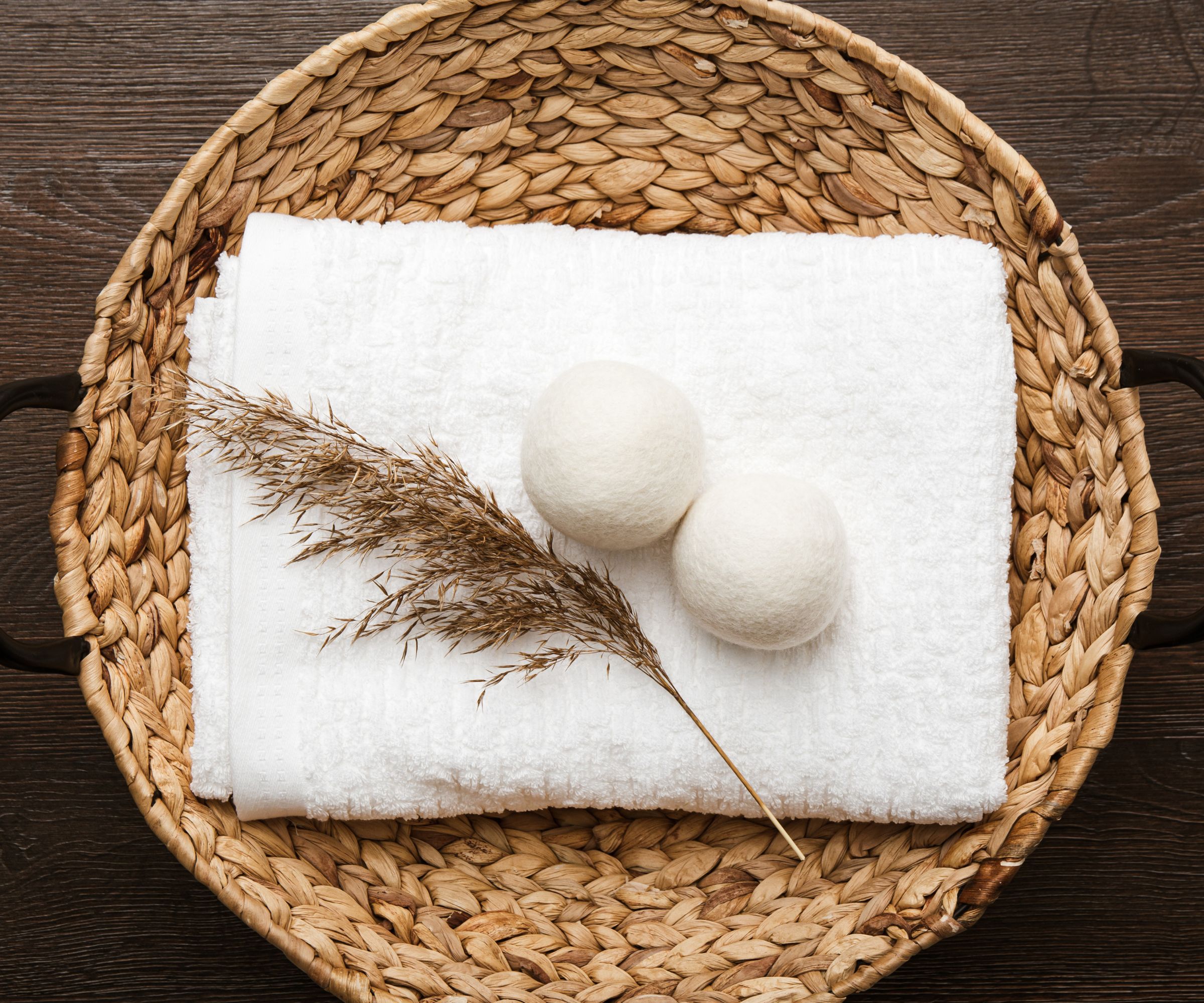
Dryer sheets are great if you want to make laundry smell better and reduce static cling, but they are pricey and single-use. As a more sustainable alternative, Kat Scarlett, Founder of Glotanicals, recommends investing in some wool dryer balls:
‘Wool dryer balls are totally natural, compostable, and you can add a nice scent with essential oils,’ she explains.
XL Wool Dryer Balls | View at Amazon
Using wool dryer balls saves time, money, and energy during your laundry cycle. Use three laundry dryer balls for small/medium loads, and five to six for large.
3. Bars of soap, rather than pumps
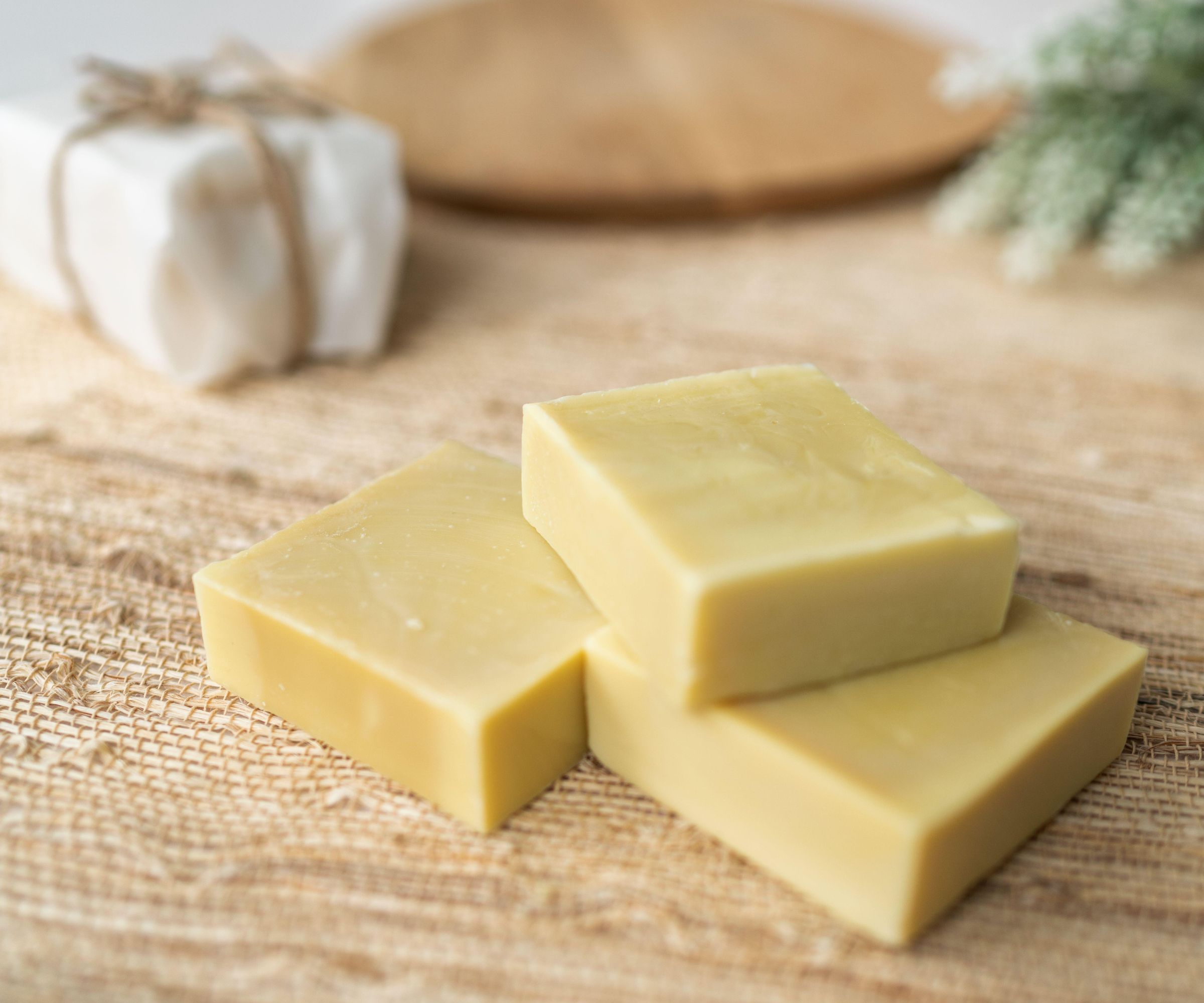
Pump bottles of soap and other body products are another big polluter. While they are made of plastic, the pump itself is usually non-recyclable. As such, it is far better – and often more affordable – to opt for bars of soap instead, explains Verena Polowy, sustainability advocate:
‘There are solid options available for hand soap, shampoo, conditioner, body wash, laundry detergent, and even dish soap. A plastic bottle here and there might not seem like much waste, but if you consider all the soap bottles you use over time they can really add up! I've also found that in most cases solid soaps give you more washes than liquid ones, so end up being the same price or more affordable.’
If you like your pump bottles and their convenience, however, then there are ways to keep them while also cutting costs, adds Ditte Vind, sustainability expert and Founder of The Circular Way. ‘Switching to refillable options for products like soap, shampoo, and detergents minimize plastic waste, for instance.'
4. Air dry laundry
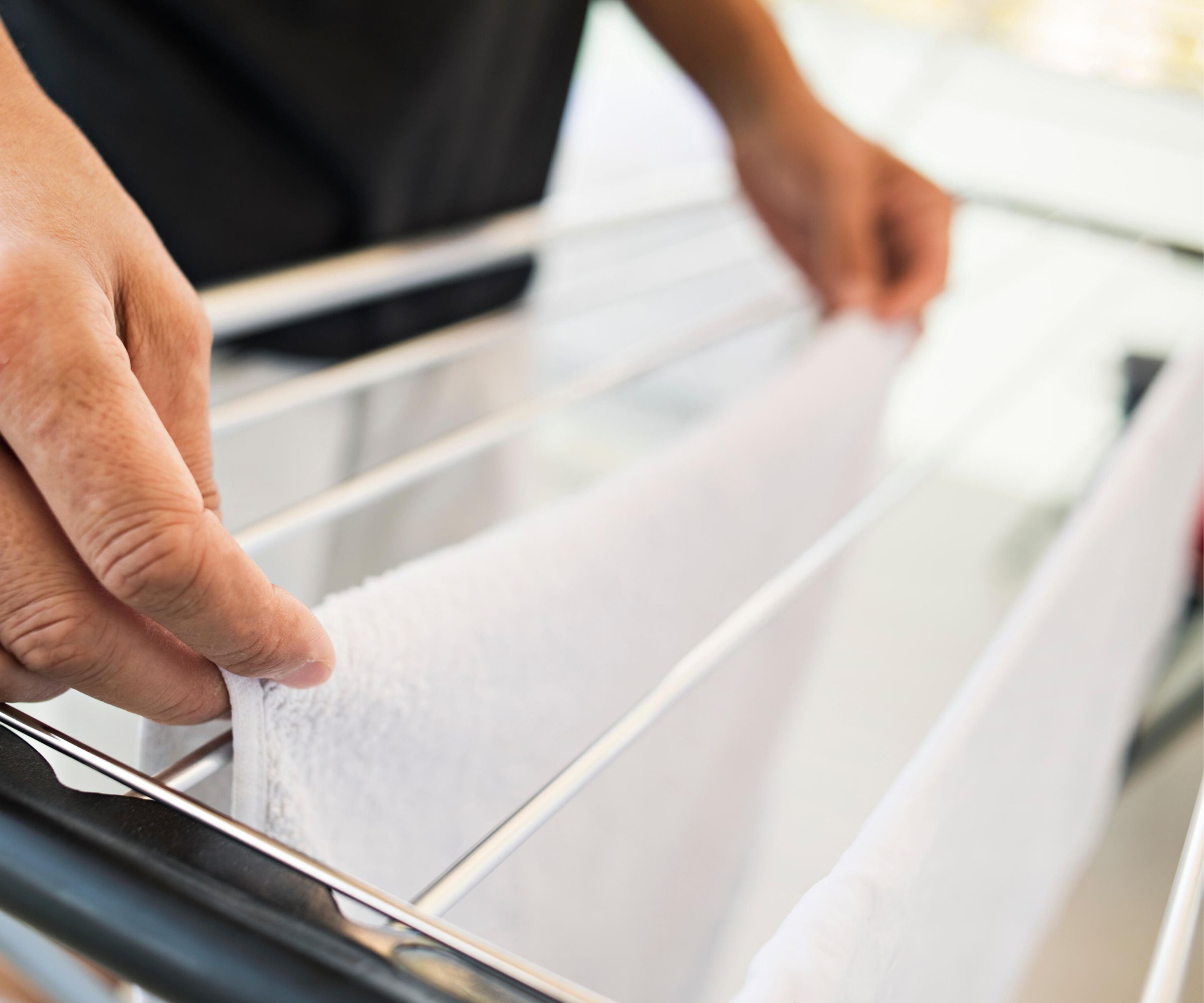
Tumble dryers certainly help to dry clothes quickly, but they are incredibly costly to run and terrible for the environment. Switching to air-drying laundry is completely free, and often helps to make your laundry smell fresher too, says Ditte Vind, sustainability expert. What’s more, air drying extends the lifespan of your clothes, she adds.
While line-drying laundry outside in the fresh air and sunshine is usually best, you can get similar results by hanging clothing on a drying rack close to a heat vent or radiator and using a dehumidifier.
5. Smart thermostats
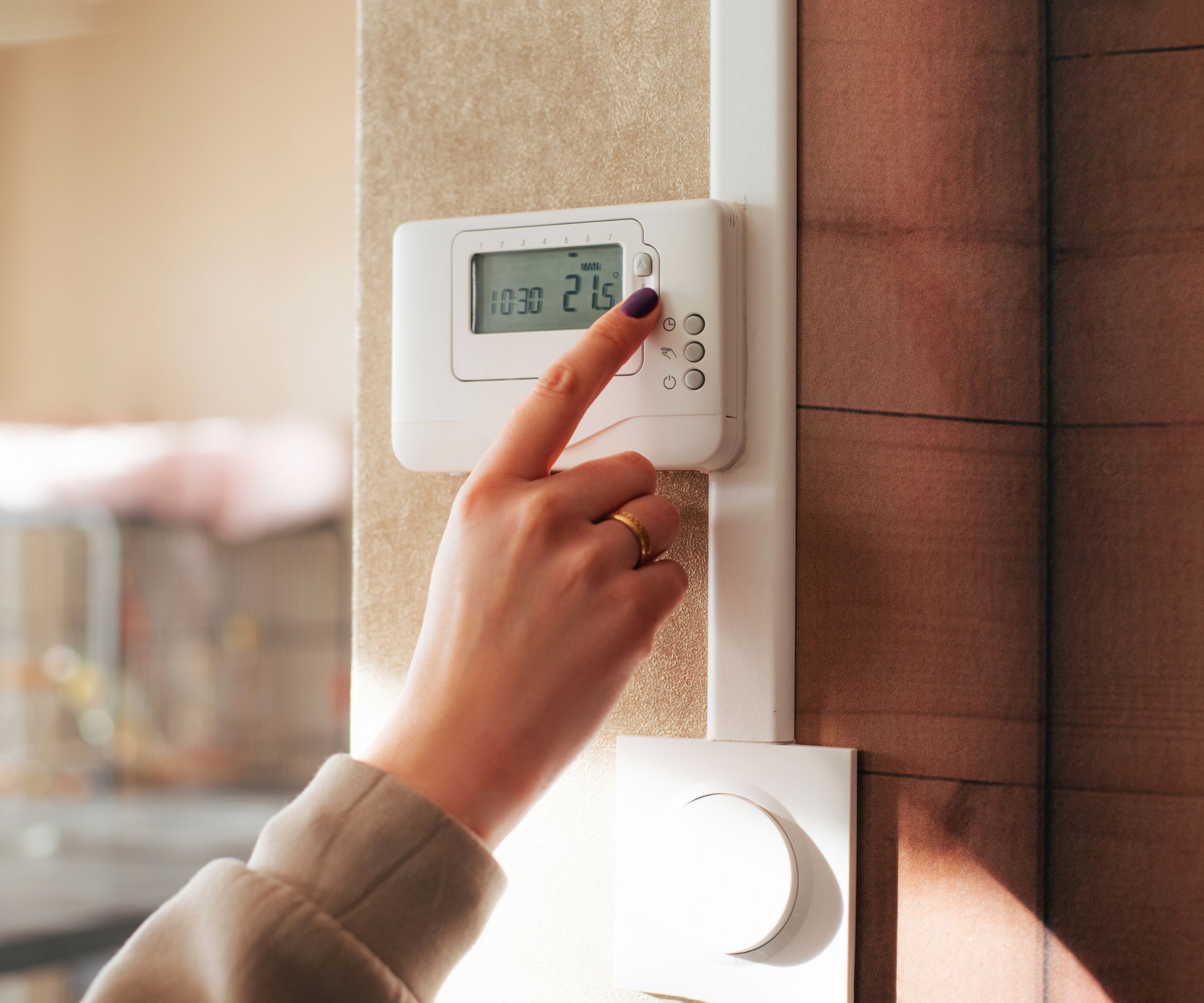
Not all sustainable swaps are physical items you use to clean yourself or your home. Things such as smart thermostats to control your heating and cooling also help to cut energy bills and lower energy consumption, helping the planet, says Verena Polowy, sustainability advocate.
‘Using less heat and AC can drastically reduce your energy consumption. In particular, it's a waste of energy and money to be unnecessarily heating or cooling your home when no one is there. A smart thermostat allows you to program temperature schedules and can also use sensors to adjust the temperature if no one is home.’
6. Fabric tableware, over paper
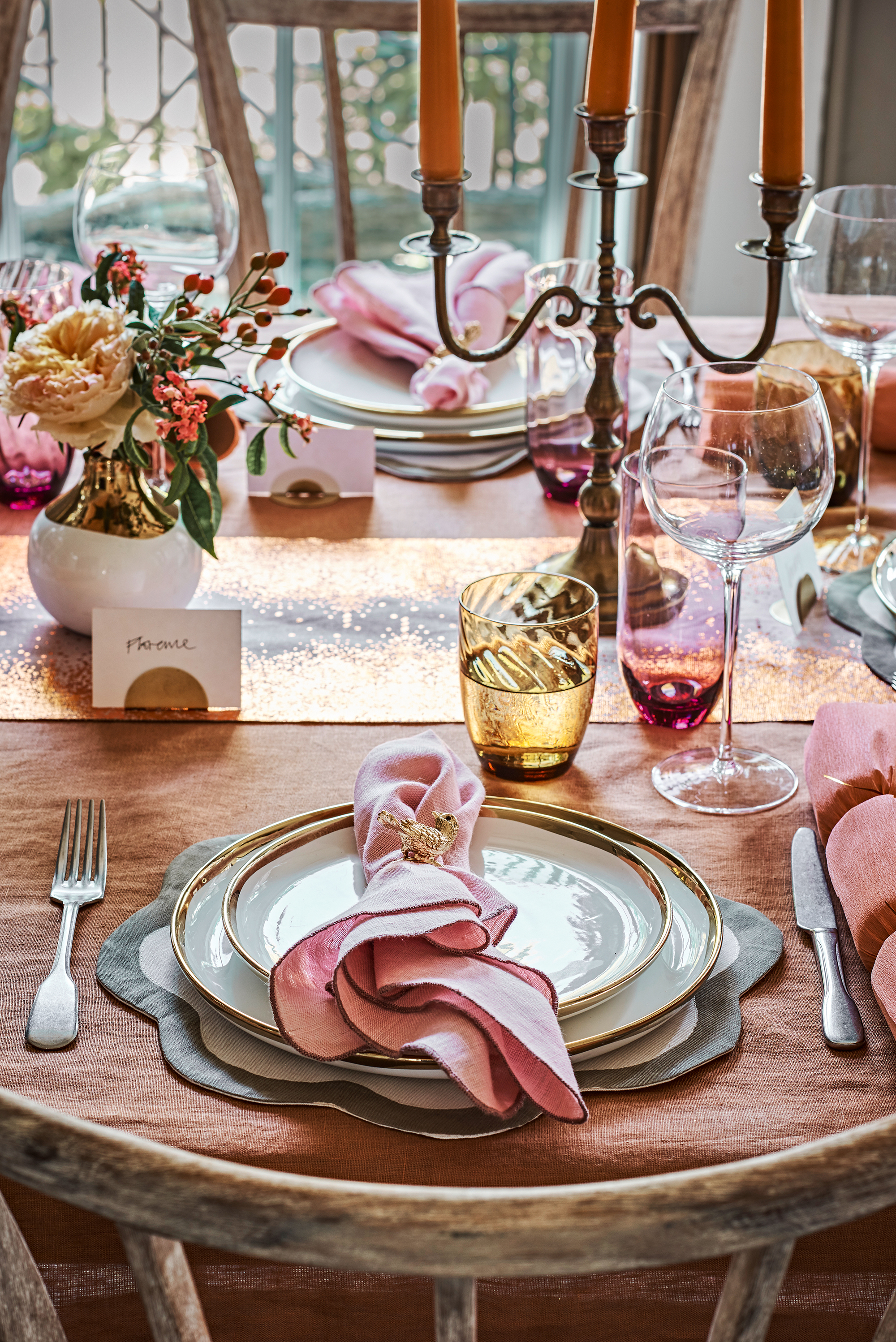
Whether you’re sitting down for a weeknight dinner, or hosting a big gathering, picking washable fabric tableware is more sustainable and cheaper in the long run than opting for disposable paper varieties, Ditte Vind, sustainability expert, continues.
‘Opt for fabric napkins over single-use options to reduce waste and elevate the dining experience for guests who will appreciate the quality and thoughtfulness.
‘Choose items made with care that you'll treasure and potentially pass down through generations. Quality not only benefits the environment but also your wallet and overall well-being.’
7. Energy-efficient home appliances
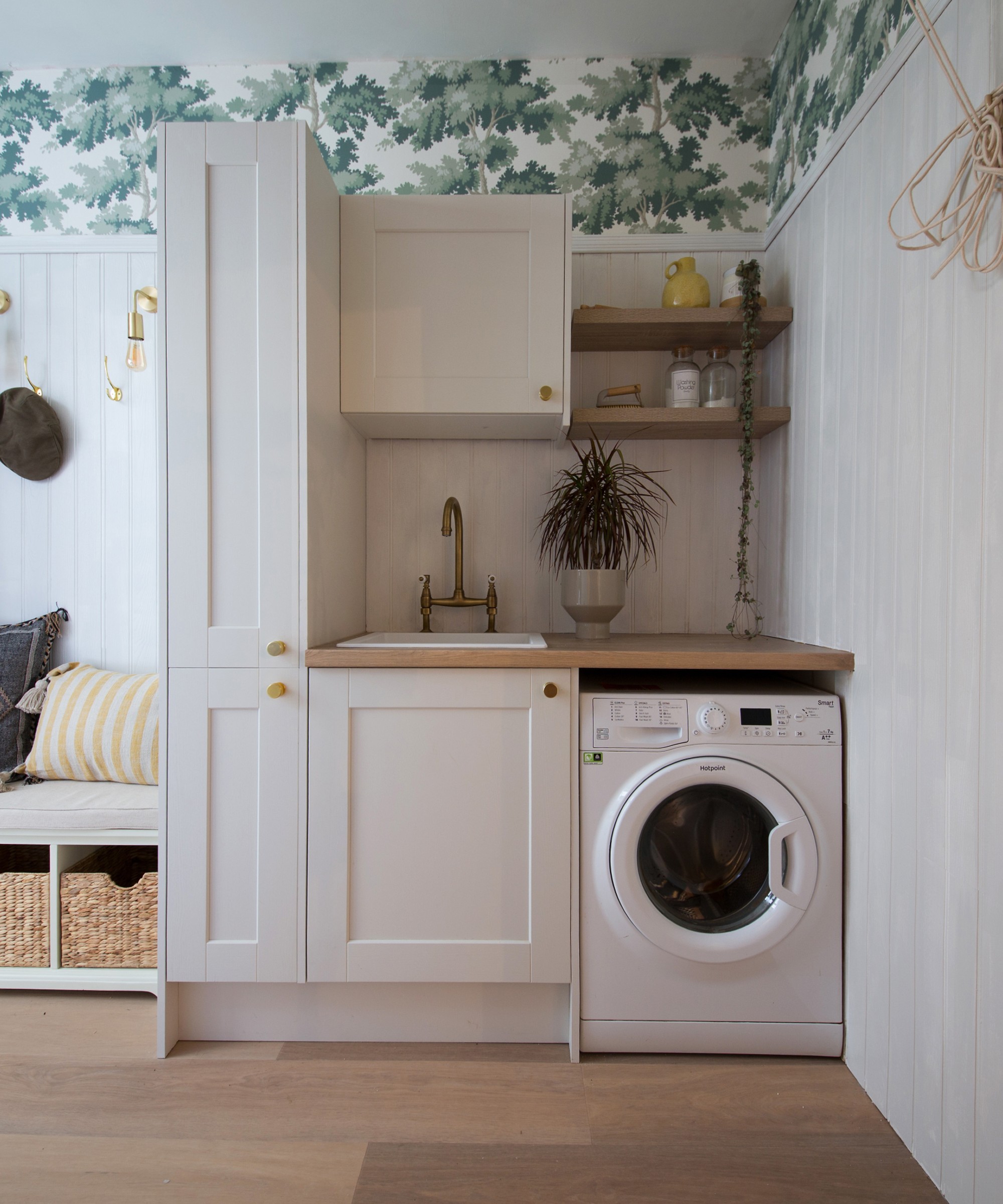
Much like switching to a smart thermostat, choosing energy-efficient appliances when yours come to the end of their life cycle can help you to save money at home while also doing your bit to help the planet, says Gabriella Dyson, Head of Solved at Homes & Gardens.
‘Making sure you also perform regular maintenance tasks to lower your energy bills is also important for both new and old appliances,’ she adds. ‘An energy-efficient appliance is only good if it is allowed to work to maximum efficiency, so ensure they are clean and clear out vents and filters monthly, if not weekly.’
FAQs
How can you create a plastic-free home?
If you want to cut your reliance on plastic, your bathroom and kitchen are some of the best places to start. Reduce how many plastic containers you purchase or plastic bags you use, and try to pick food that is not prepackaged in plastic bags or boxes. Shopping locally at a farmer's market can make this easier. When buying personal care products and soaps, opt for bar or refillable alternatives, or use bamboo alternatives such as toothbrushes.
What is a sustainable swap?
A sustainable swap is an alternative option to disposable items. Sustainable swaps are usually designed to last a lot longer (and are made of more durable materials), are easier to dispose of in a sustainable way (such as through recycling or composting), and/or are made in more sustainable, eco-conscious ways that do not harm the environment.
Remember that you don't have to swap everything out at once. Sustainability is about progress, not perfection, so make smaller changes regularly for noticeable sustainable results.
Sign up to the Homes & Gardens newsletter
Design expertise in your inbox – from inspiring decorating ideas and beautiful celebrity homes to practical gardening advice and shopping round-ups.

Chiana has been at Homes & Gardens for two years and is our resident 'queen' of non-toxic living. She spends most of her time producing content for the Solved section of the website, helping readers get the most out of their homes through clever decluttering, cleaning, and tidying tips. She was named one of Fixr's top home improvement journalists in 2024.
-
 Ina Garten's storage pantry is an insightful window into all of the best cookware used by the chef – and it's easy to recreate on your kitchen shelves from $48
Ina Garten's storage pantry is an insightful window into all of the best cookware used by the chef – and it's easy to recreate on your kitchen shelves from $48The beautiful dishware in The Barefoot Contessa's Hamptons pantry showcases the tools she uses most often to cook – this is exactly how you replicate it
By Sophie Edwards Published
-
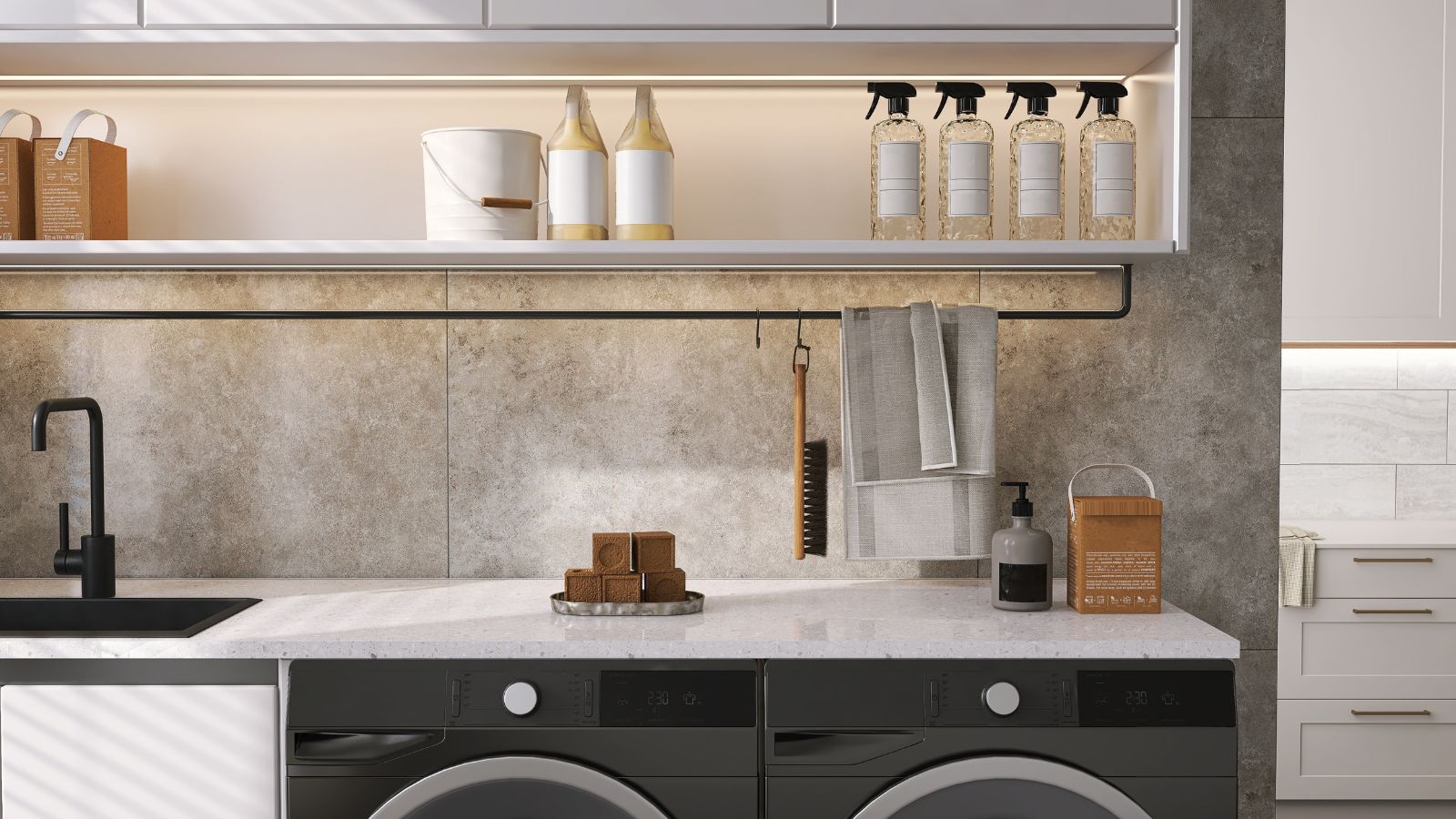 Extend the lifespan of your appliance with 5 simple but crucial washing machine maintenance tips
Extend the lifespan of your appliance with 5 simple but crucial washing machine maintenance tipsFrom cleaning the filters to keeping the door open, experts reveal the washer tips they swear by
By Andy van Terheyden Published
